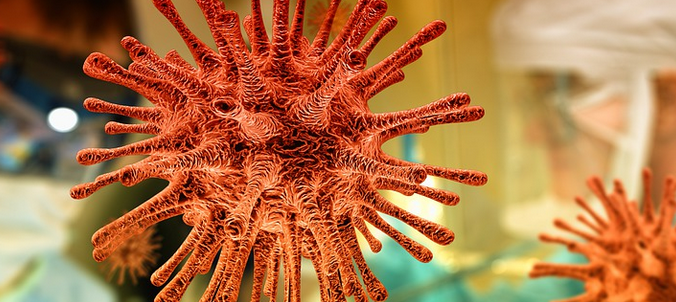Introduction
For centuries, the human reproductive system has been a subject of curiosity and fascination for scientists and researchers. Seminal fluid, also known as semen, is a vital component of the male reproductive system. In this article, we will discuss the chemical makeup of seminal fluid and its importance in human reproduction.
What is Seminal Fluid?
Seminal fluid is a mixture of various substances produced by the male reproductive system. It is secreted by the prostate gland, seminal vesicles, and bulbourethral gland. The primary function of seminal fluid is to nourish and transport sperm during ejaculation.
Chemical Composition of Seminal Fluid
Seminal fluid is a complex mixture of various compounds, including:
- Water – which makes up the majority of seminal fluid
- Spermatozoa – which are the male reproductive cells
- Fructose – which provides energy for sperm
- Proteins – which help to protect and nourish sperm
- Enzymes – which help to break down the cervical mucus and enhance sperm motility
- Flavins – which have been shown to have antibacterial properties
- Citric acid – which helps to maintain the pH of seminal fluid
- Zinc – which is essential for sperm production and motility
The Role of Seminal Fluid in Fertility
Seminal fluid plays a crucial role in male fertility. It provides the necessary nutrients and energy for sperm to survive and swim towards the egg. Additionally, seminal fluid contains enzymes that help to break down the cervical mucus, allowing sperm to pass through and reach the egg.
Abnormal Seminal Fluid
Abnormal seminal fluid can lead to fertility problems in men. A low sperm count, poor sperm motility, or abnormal sperm morphology can all affect a man’s ability to impregnate his partner. Additionally, infections, inflammation, or blockages in the male reproductive system can also cause problems with seminal fluid production and quality.
Conclusion
Seminal fluid is a vital component of the male reproductive system. It is a complex mixture of various compounds that play a crucial role in human reproduction. Understanding the chemical makeup of seminal fluid can help us to better understand fertility problems in men and develop new treatments for infertility.
References:
- https://www.ncbi.nlm.nih.gov/pmc/articles/PMC3739149/
- https://www.ncbi.nlm.nih.gov/pmc/articles/PMC5502510/
- https://www.ncbi.nlm.nih.gov/pmc/articles/PMC3253722/

